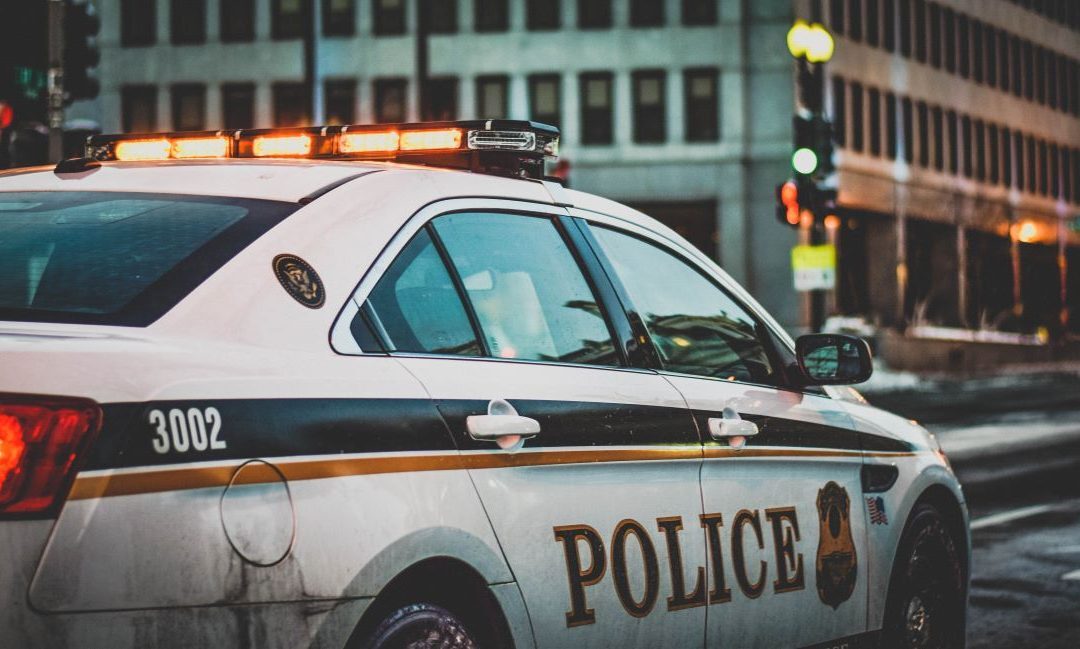We want our police to serve and protect the communities they are a part of and not view their neighbors as enemy combatants.
Policing reform

Just like the long, hot summer of 1967, the spring of 2020 took a match to dry tinder. In 1967 it was institutionalized unemployment, poor housing, and abusive policing. In 2020 it was a nationwide lockdown, unemployment—again, and abusive policing—again.
This has been a long time coming.
Beginning in the 1980’s War on Drugs, accelerating with the 1990’s “tough on crime” bills, and skyrocketing after 9/11, our police have become a paramilitary force. This article in The Atlantic is one of many articles and books on the subject, and it quotes the Director of Criminal Justice & Civil Liberties at the R-Street Institute, Arthur Rizer, on why this is a problem:
‘You create this world where you’re not just militarizing the police—you equip the police like soldiers, you train the police like soldiers. Why are you surprised when they act like soldiers?’ Rizer, a former police officer and soldier, said. ‘The mission of the police is to protect and serve. But the premise of the soldier is to engage the enemy in close combat and destroy them. When you blur those lines together with statements like that … It’s an absolute breakdown of civil society.’
What do we want our police to be? Do we want them to be paramilitary units, requesting “papers, please” and responding to problems with disproportionate force?
At Marginal Revolution, Alex Tabarrok asks the question of why police are charged with many of the tasks they do:
It’s an unacknowledged peculiarity that police are in charge of road safety. Why should the arm of the state that investigates murder, rape and robbery also give out traffic tickets? Traffic stops are the most common reason for contact with the police.
Don’t use a hammer if you don’t need to pound a nail. Road safety does not require a hammer. The responsibility for handing out speeding tickets and citations should be handled by a unarmed agency.
Rethinking what the police are for is a long-term project and we should begin that conversation. But what can we do now to reduce the possibility of future deaths like George Floyd’s and Eric Garner’s?
Programs like 8cantwait.org offer policy reforms that don’t require complete institutional upheaval to policing. These are common sense solutions like eliminating chokeholds, exhausting all alternatives before shooting, and banning shots fired at moving vehicles. These, along with institutional changes like a duty for other officers to intervene in excessive use of force and requiring a force continuum instead of reaching for a sidearm first, are all first steps in shifting how Americans use their police forces.
We want our police to serve and protect the communities they are a part of and not view their neighbors as enemy combatants. Let’s work together to figure out the reforms required to change the toxic culture of policing in this country.